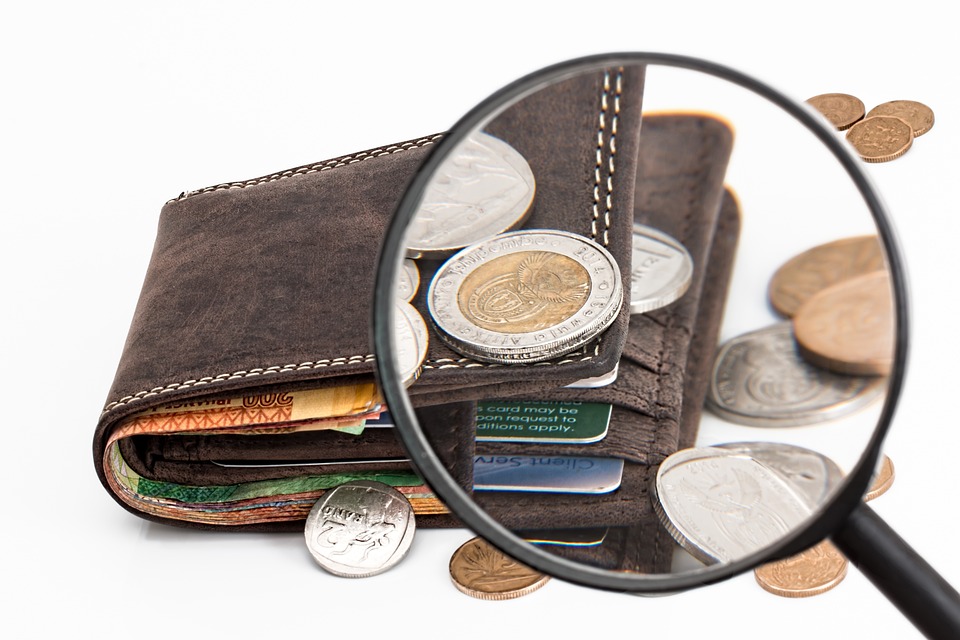
10 Excellent Tips to Prepare Your Finances for a Recession
In economic terms, a recession is defined as two or more consecutive quarters of declining gross domestic product (GDP). It is generally known that in recessions, employment declines, consumers spend less, and businesses fail more often. People living and working in an economy can suffer significantly during recessions.
Whenever a recession hits, individuals and businesses can feel stressed and challenged. If you prepare your finances in advance, you will be in a stronger position to weather the storm. To prepare for a recession, follow these steps:
Establish a budget and follow it:
Budgets will help you identify areas to reduce expenses and better understand your financial situation. It is important to keep track of your income and expenses so that you are spending wisely and having enough money saved to weather any potential economic downturn.
Build an emergency savings fund:
No matter how bad the economy is, you should always have an emergency savings fund. However, during a recession, it becomes even more crucial. Aim to save at least three to six months’ worth of living expenses in a safe and easily accessible account.
Pay off high-interest debts:
In a recession, high-interest debt, like credit card debt, can be a significant burden. By paying off this debt now, you may be able to reduce your financial stress and weather any economic storms that may arise.
Diversify your investments:
Diversifying your investments can help protect your portfolio during a recession. Maintain a well-balanced portfolio by investing in stocks, bonds, and cash, and spread your investments across different asset classes.
Review and adjust your insurance coverage:
Unexpected expenses can arise during a recession, so it’s important to have adequate coverage. Ensure that you have the right type and amount of coverage in your insurance policies.
Refinance your mortgage or other loans:
Consider refinancing your high-interest mortgage or other loans to lower rates. As a result, your monthly payments will be reduced and you will be able to weather a recession much easier.
Reduce expenses and save money:
Find opportunities to reduce expenses and save money everywhere you can. You can do this by canceling unnecessary subscriptions, reducing your dining out and entertainment spending, or clipping coupons for groceries.
Sell unnecessary or underutilized assets:
Consider selling assets that you no longer need or use to generate extra cash. This could include second car, recreational vehicles, or high-end electronics.
Increase your income:
Having a steady income is critical during a recession. If your job is in jeopardy, think about finding ways to supplement your income through furthering your education, side hustles or negotiating a raise at work.
Downsizing your living situation:
If you’re having trouble making ends meet, downsizing your living situation can help you save money. This could entail downsizing to a smaller house or apartment, or finding a roommate to split expenses.
Conclusion
By following these steps, you will be in a better position to handle any economic challenges that may arise during a recession. Remember, being financially prepared is key to weathering a recession and coming out on the other side in good shape.




















